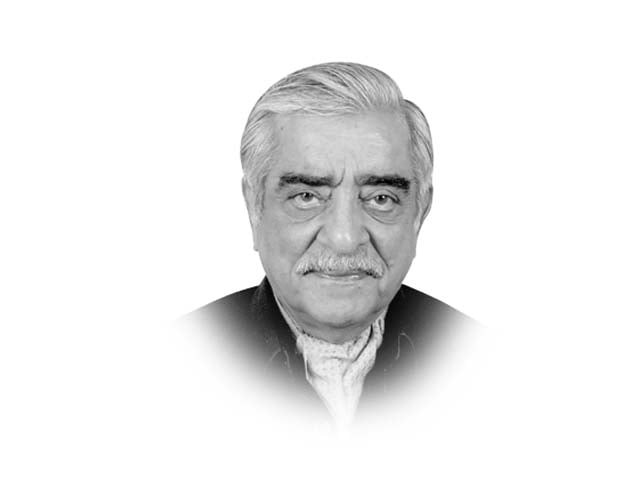Pak-Afghan reconciliation — IV
Taliban told Karzai that they want an office in a neutral country so they can negotiate without Pakistan interference.

But does the necessary trust exist? Much was made-up in the western media about Pakistan’s refusal to hand over Mr Ghani Baradar, Mullah Omar’s second-in- command, to Afghanistan after he had been arrested in Pakistan because it was alleged that Pakistan did not want him to enter into negotiations with the Karzai administration on behalf of the Taliban. There is a great deal of murkiness surrounding Baradar. He was arrested by Pakistan but only after the CIA had established his whereabouts. Neither the CIA nor the ISI seemed aware of his identity or his importance when he was arrested. Certainly neither seemed to know that he wanted to negotiate with Karzai or his people. The true position is difficult to establish but there is no doubt that the Afghans have asked us to hand him over and we have not done so. Why? Similarly, in the Tayyab Agha episode the Pakistani intelligence officials made it known to the western press through informal briefings that they were unhappy at “being kept out of the loop”. Why?
Do we want to dictate who should represent the Taliban? If so, two questions arise. What is the end we have in mind and second, would the Taliban or the other side accept this? The answer to the first should be that we want reconciliation on terms that both sides find acceptable and that brings stability to Afghanistan and relieve us of the many burdens that we have borne for so long. The answer to the second would appear to be to let the decision lie with the Taliban leaders
Today, there is much talk of the fact that the Taliban in various informal contacts, thorough intermediaries, have told the Karzai administration that they would like to set up a Taliban office in a neutral country where they can, without Pakistan’s heavy hand bearing down on them, negotiate with the government. Whether this charge against Pakistan is true or not, we should let it be known that we would have no objection to such a process and that it would be for the Taliban to decide who will represent them.
Published in The Express Tribune, September 3rd, 2011.



















COMMENTS
Comments are moderated and generally will be posted if they are on-topic and not abusive.
For more information, please see our Comments FAQ